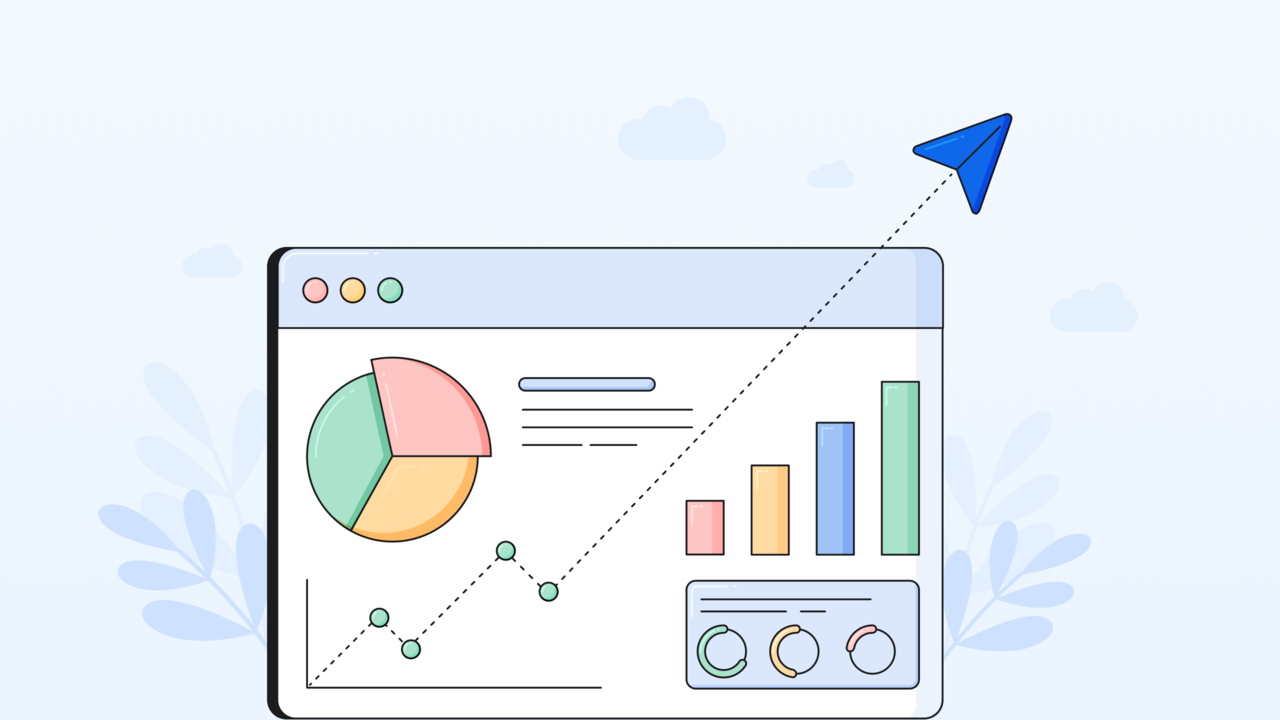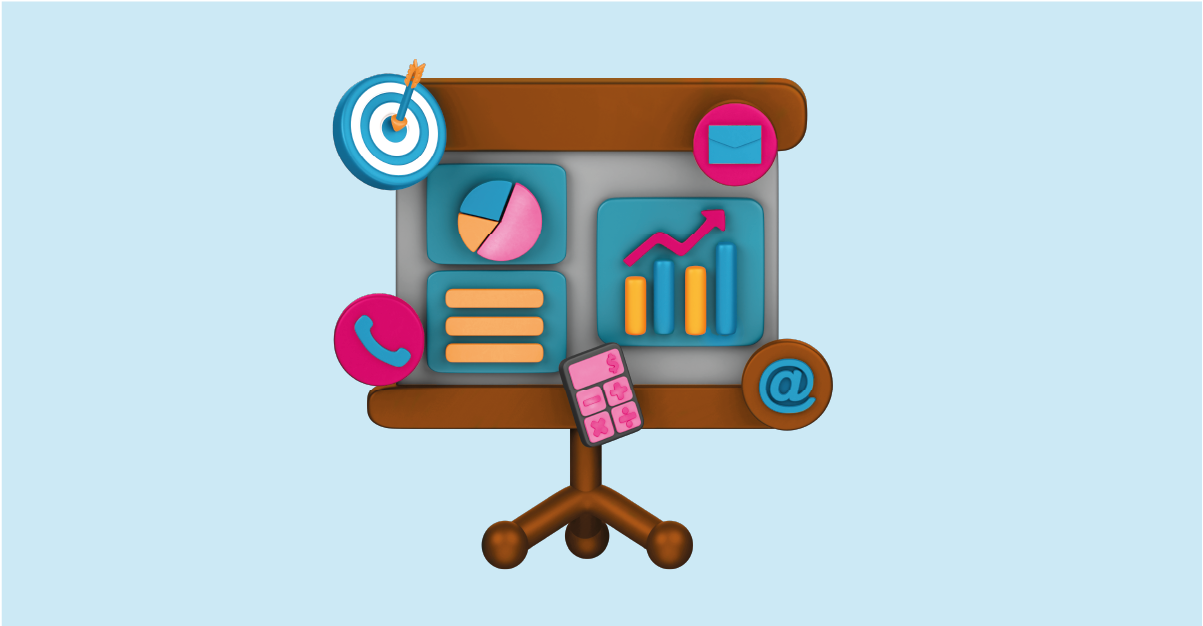Social media has become an integral part of our daily lives, and businesses are keen on harnessing its potential to reach and engage with their target audiences. In this digital age, where online presence is crucial, understanding the impact of social media efforts is paramount. This is where social media analytics tools free come into play, providing businesses with valuable insights to refine their strategies.
Definition of Social Media Analytics Tools Free

Social media analytics tools are platforms that empower businesses to track, analyze, and interpret data related to their social media presence. These tools offer a comprehensive view of a brand’s performance across various social media platforms.
Importance of Social Media Analytics
Understanding the effectiveness of social media efforts is essential for businesses looking to make informed decisions. Social media analytics tools enable businesses to measure engagement, identify trends, and adapt their strategies to meet their goals.
Benefits of Using Social Media Analytics Tools
A. Tracking Engagement Metrics
Social media analytics tools allow businesses to track key engagement metrics, such as likes, shares, comments, and click-through rates. This data provides insights into the type of content that resonates with the audience.
B. Understanding Audience Demographics
By analyzing social media data, businesses can gain a deeper understanding of their audience demographics. This information helps in tailoring content to the preferences and behaviors of the target audience.
C. Monitoring Competitor Performance
Social media analytics tools enable businesses to monitor the performance of their competitors. By understanding competitor strategies and audience engagement, businesses can refine their approach to stay competitive.
Popular Free Social Media Analytics Tools
A. Google Analytics
Known primarily as a web analytics tool, Google Analytics also offers social media insights. It provides data on user interaction with social media buttons on a website, helping businesses understand how visitors engage with their content.
B. Facebook Insights
For businesses leveraging Facebook as a marketing platform, Facebook Insights offers valuable data on page performance, audience demographics, and post engagement. It’s a powerful tool for refining Facebook strategies.
C. Twitter Analytics
Twitter Analytics provides detailed information on tweet performance, audience demographics, and trending topics. Businesses can utilize this data to optimize their Twitter content and increase engagement.
D. Instagram Insights
Tailored for Instagram, this tool offers data on post reach, impressions, and follower demographics. Instagram Insights helps businesses create visually appealing content that resonates with their audience.
E. LinkedIn Analytics
LinkedIn Analytics provides insights into the performance of individual posts, audience engagement, and follower demographics. It’s a valuable tool for businesses targeting a professional audience.
How to Use Social Media Analytics Tools Effectively
A. Setting Up Analytics Accounts
Before reaping the benefits of social media analytics, businesses need to set up accounts on the respective platforms and connect them to their social media profiles.
B. Defining Key Performance Indicators (KPIs)
To measure success, businesses must identify key performance indicators (KPIs) relevant to their goals. Whether it’s increasing brand awareness or driving website traffic, defining KPIs is crucial.
C. Analyzing Data and Drawing Insights
Regularly analyzing the data provided by social media analytics tools is essential. Businesses should look for patterns, identify trends, and draw actionable insights to refine their strategies.
Overcoming Challenges
A. Data Overload
The abundance of data can be overwhelming. Businesses need to focus on relevant metrics and avoid getting lost in the sea of information. Prioritizing key data points is vital.
B. Interpreting Analytics Data
Interpreting analytics data requires a certain level of expertise. Businesses should invest in training or consult with professionals to ensure accurate interpretation and decision-making.
C. Adapting Strategies Based on Analytics
Analytics data is dynamic, and strategies need to evolve accordingly. Businesses should be flexible and open to adapting their social media strategies based on changing analytics insights.
Future Trends
A. Emerging Trends
As technology advances, new trends in social media analytics are emerging. Businesses should stay informed about developments such as augmented analytics and predictive analytics to stay ahead.
B. Integration with Artificial Intelligence
The integration of artificial intelligence (AI) in social media analytics is becoming prevalent. AI can automate data analysis, providing businesses with real-time insights and enhancing decision-making processes.
C. Evolving User Expectations
User expectations for personalized and authentic content are growing. Social media analytics will play a crucial role in helping businesses meet these expectations by tailoring content to individual preferences.
Common Misconceptions
A. Limited Features
While free social media analytics tools may have limitations compared to their premium counterparts, they still offer valuable insights. Businesses should explore the features available and make the most of the tools at their disposal.
B. Accuracy Concerns
Some businesses may question the accuracy of free social media analytics tools. While precision is important, these tools provide a solid foundation for data-driven decision-making. Businesses can supplement with additional tools for more accuracy.
C. Time-Consuming
Contrary to the belief that social media analytics is time-consuming, businesses can efficiently extract actionable insights by focusing on relevant metrics. Streamlining the analytics process and setting priorities can save time.
Tips for Choosing the Right Social Media Analytics Tool for Your Business
A. Assessing Business Goals
Before choosing a social media analytics tool, businesses should assess their specific goals. Different tools cater to various needs, and aligning the tool with business objectives is essential.
B. Considering User-Friendliness
The usability of the tool is crucial. Businesses should choose social media analytics tools that are user-friendly, ensuring that the team can easily navigate and derive insights without extensive training.
C. Scalability and Future Requirements
Selecting a scalable tool is important for businesses with growth ambitions. Ensure that the chosen social media analytics tool can adapt to increasing data volumes and evolving business requirements.
Social Media Analytics and SEO Synergy
A. Impact on Search Engine Rankings
Social media analytics can indirectly impact search engine rankings. Engaging content on social media attracts links and shares, contributing to a website’s authority and positively influencing SEO.
B. Utilizing Analytics for Content Optimization
Data from social media analytics can guide content optimization strategies. Businesses can identify high-performing content and replicate successful elements in future campaigns, enhancing overall content quality.
Best Practices for Real-time Monitoring with Social Media Analytics
A. Importance of Timely Responses
Real-time monitoring is crucial for addressing customer feedback, inquiries, or emerging trends. Social media analytics tools provide businesses with the capability to respond promptly to maintain a positive online presence.
B. Crisis Management Strategies
In times of crisis, social media analytics can be a lifeline. Businesses should have crisis management strategies in place, utilizing analytics to gauge public sentiment and adjust communication accordingly.
C. Leveraging Positive Trends
Identifying and capitalizing on positive trends can boost a brand’s online presence. Social media analytics tools help businesses stay attuned to emerging trends, allowing them to tailor their content accordingly.
Case Studies with Record-Breaking Results
Case Study 1: Nike’s “Breaking2” Campaign

Nike’s “Breaking2” campaign aimed to break the 2-hour marathon barrier, and the company heavily leveraged social media to amplify the event. Using live streaming on Facebook and Twitter, Nike engaged millions of viewers globally.
Results:
- Over 13 million live stream views
- 1.5 million engagements (likes, shares, comments) within 24 hours
- Significant increase in brand mentions by 42% over the campaign period
Key Takeaway: Real-time engagement and a captivating narrative can lead to unprecedented audience involvement and brand visibility.
Case Study 2: Starbucks’ #RedCupContest

Starbucks launched the #RedCupContest on Instagram, encouraging users to post photos with their holiday-themed red cups for a chance to win prizes.
Results:
- Over 40,000 user-generated posts in one week
- A 20% increase in Instagram followers during the campaign
- A 15% boost in in-store traffic
Key Takeaway: Encouraging user-generated content can drive high engagement and increase both online and offline interactions.
Tweets and Quotes from Influencers
Tweet 1: “Social media analytics tools are game-changers for businesses. They provide the insights needed to refine strategies and engage effectively with your audience. #SocialMediaMarketing #Analytics” – @MarketingGuru
Tweet 2: “Don’t underestimate the power of data. Using social media analytics has helped us double our engagement in just three months. #DataDriven #SocialMediaSuccess” – @BizInfluencer
Quote 1: “Understanding your audience through social media analytics is not just beneficial; it’s essential. It’s the difference between guessing and knowing.” – Jane Doe, Social Media Strategist
Quote 2: “The integration of AI in social media analytics is the future. It’s about making sense of vast amounts of data to deliver personalized and timely content.” – John Smith, Digital Marketing Expert
Social Media Analytics Tools and Privacy Concerns
A. Data Security Measures
To address privacy concerns, businesses should prioritize social media analytics tools with robust data security measures. Ensuring compliance with data protection regulations is essential for maintaining trust.
B. User Privacy Safeguards
Respecting user privacy is paramount. Businesses should communicate transparently about data collection practices and offer users control over their information. Building trust enhances the effectiveness of social media strategies.
Engaging Users Through Analytics Insights
A. Crafting Tailored Content
Analytics insights guide the creation of tailored content. Businesses can use data on audience preferences to craft content that resonates, increasing engagement and fostering a loyal community.
B. Building a Community
Social media analytics can aid in community building. Understanding the interests and behaviors of the audience allows businesses to foster a sense of community, leading to increased brand loyalty.
C. Encouraging User-Generated Content
Analyzing user-generated content through social media analytics provides businesses with valuable insights into what resonates with the audience. Encouraging user-generated content enhances engagement and authenticity.
Conclusion
Social media analytics tools free offer businesses a powerful means of understanding and optimizing their online presence. From tracking engagement metrics to leveraging insights for content creation, the benefits are immense.
As the digital landscape evolves, businesses must embrace the use of social media analytics tools to stay competitive. The data-driven approach not only enhances decision-making but also ensures sustained growth.
FAQs
1. Are free social media analytics tools as effective as premium ones?
- Yes, free social media analytics tools offer valuable insights, though they may have limitations compared to premium tools. It’s essential to choose a tool that aligns with your specific business goals.
2. How often should businesses analyze social media analytics data?
- Regular analysis is crucial. Depending on your business goals, a weekly or monthly review can help identify trends, measure performance, and adapt strategies accordingly.
3. Can social media analytics impact search engine rankings?
- Indirectly, yes. Engaging content on social media attracts links and shares, contributing to a website’s authority, which positively influences SEO.
4. What measures should businesses take to address privacy concerns with social media analytics?
- Choose tools with robust data security measures, ensure compliance with data protection regulations, and communicate transparently about data collection practices.
5. How can small businesses benefit from social media analytics?
- Small businesses can identify peak posting times, understand audience demographics, and refine their strategies for increased engagement and foot traffic.



